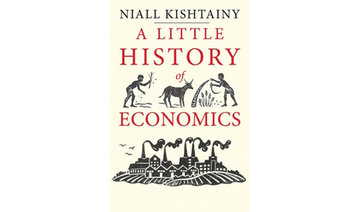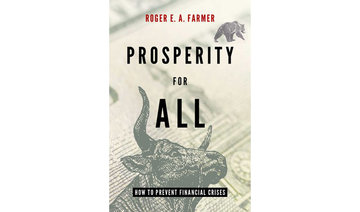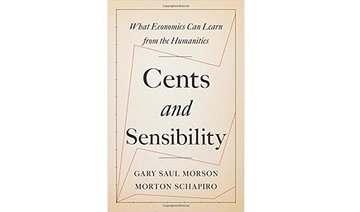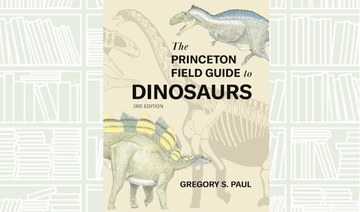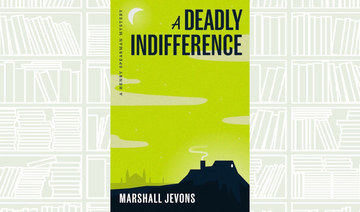Frenchman Jean Tirol won the Nobel memorial prize in Economics in 2014 for his pioneering work on how utilities ought to be regulated. Tirole is a global authority on the subject, but has remained remarkably humble despite his success.
“I really think we should be humbler and not talk about things about which we have an opinion, but we have nothing special to say,” says Tirole, adding that it is difficult to resist the temptation “because when you have the Nobel Prize people believe you know everything.”
Tirole remembers that when he received the call from the Swedish Academy, he was incredibly surprised at the honor. He also never fails to mention Jean-Jacques Laffont “who deserves to be with me in this prize. He died 10 years ago from cancer and he was my mentor and a dear friend,” says Tirole.
Ever since Tirole became a Nobel Laureate, he has been questioned by people he meets in the streets or at talks he gives about the nature of economic research and how it contributes to our well-being. He has also been asked to share with the public how scientific knowledge can guide economic policies and help us understand the world we live in. This prompted him to show how economics can “open a window to the world.”
The result is “Economics for the Common Good,” a book intelligible to any reader even with no or little knowledge of economics. In other words, a post-graduate degree or an above-average IQ is not required to understand it.
For Tirole, the economy is a positive force for the common good.
“Economics for the common good is an ambition to help our institutions serve general interest by studying those situations in which individual motives conflict with the interest of society, to suggest policies that align social and private interests. The invisible and the visible hands, the market and the state are mutually complementary — to function well, a market economy needs an efficient state to correct its failures. But sometimes the state does not work for the common good. For example, many countries are leaving their children substantial levels of unfunded public debt, unemployment, a degraded educational system, inequality and a lack of preparation for the digital upheaval that our societies are on the brink of. And the world does little to contain climate change. The book, therefore, pays particular attention to what is going wrong with governments and this can be remedied to promote the common good,” Tirole says.
The book consists of 17 stand-alone chapters, so the reader is free to pick and choose. In the first chapter, Tirole asks if we like economics. He wastes no time in asserting that economics concerns our everyday lives and not only experts. He also casts a critical look at his profession, remarking that in the academic world, the teaching staff is judged on the number of research papers which are published and the students they train, but not on the impact and influence they might have on the public.
Tirole, who is chairman of the Toulouse School of Economics and of the Institute for Advanced Study in Toulouse and a visiting professor at the Massachusetts Institute of Technology, is well placed to understand how challenging it is to shift from an academic discussion to a public debate.
Tirole also criticizes the teaching of “obsolete economic ideas…or, conversely promoting an exaggeratedly-mathematical approach.” A growing number of economists agree that the standard curriculum is no longer up to date and does not prepare students to face present and future economic challenges. Overhauling the way economics is taught ought to produce students more able to understand the modern world and should also improve economics itself.
We often hear that citizens get the politicians they deserve.
Tirole believes that the same applies to economics. When there is a lack of economic understanding among the public, politicians will refrain from proposing necessary policies which might trigger an electoral backlash. Politicians and academics have a joint responsibility to offer the public a better understanding of economic mechanisms. This will eventually encourage politicians to “make more rational collective choices,” according to the book.
Tirole discusses with a disarming frankness a wide range of issues related to economic well-being and the common good. He proves that the state and market need each other and government policies should take into consideration individual and collective interests.
His advice in the aftermath of the financial crisis of 2008 cannot be ignored. He attributes the market failures to the fact that one of the parties had more information and this always causes a market failure. Tirole feels a social responsibility toward people who lack the knowledge to understand today’s economy.
“It’s part of the duty of governments to actually inform consumers … People need a choice, but they need help with the choice…I found it totally outrageous when some American politicians, during and prior to the financial crisis, said we should not give financial information to people … But you have to tell them about subprime, about the risk of lesser rates, about what happens if interest rates go up.”
The market economy remains the dominant model for our societies since the failure of the planned economies in China and the Soviet Union. However, many people around the world complain about the supremacy of economics over human values and the lack of concern for the environment. Populist movements are growing across the world and this rising populism stems from particular causes in different countries. These universal factors include fears of technological changes and job losses, distrust of free trade and globalization, increasing inequality, a decline in purchasing power and inadequate efforts to tackle climate challenge.
The author deplores the lack of progress made during the last 25 years. Most of us are willing to say that we are ready to save our planet, but in reality we are not prepared to do what it really takes.
Tirole redefines the role of economists and sheds new light on how the value of careful economic thinking can benefit everyone in our complex world. “To my mind, the whole point of economics is to design policies and institutions that work toward reaching this different world, where individuals spontaneously operate for the common good,” he writes in this brilliant book.
Book review: Making the economy work for everyone
Book review: Making the economy work for everyone

What We Are Reading Today: ‘Quantitative Biosciences Companion in Python’
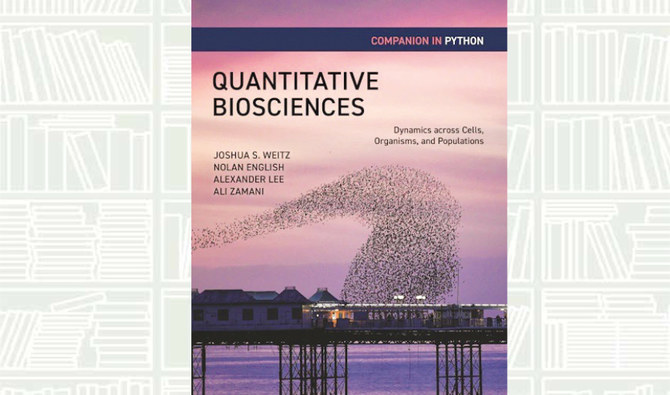
Authors: JOSHUA S. WEITZ, NOLAN ENGLISH, ALEXANDER LEE, AND ALI ZAMANI
This lab guide accompanies the textbook “Quantitative Biosciences,” providing students with the skills they need to translate biological principles and mathematical concepts into computational models of living systems.
This hands-on guide uses a case study approach organized around central questions in the life sciences, introducing landmark advances in the field while teaching students—whether from the life sciences, physics, computational sciences, engineering, or mathematics—how to reason quantitatively in the face of uncertainty.
What We Are Reading Today: Heart of Darkness: Unraveling the Mysteries of the Invisible Universe
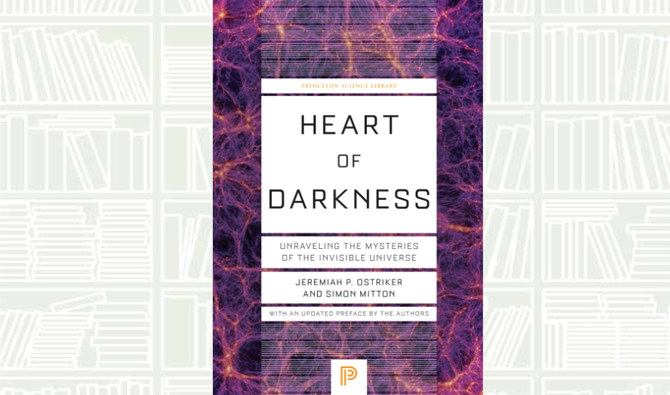
- The story of how evidence for the so-called “Lambda-Cold Dark Matter” model of cosmology has been gathered by generations of scientists throughout the world is told here by one of the pioneers of the field, Jeremiah Ostriker, and his coauthor Simon Mitton
Authors: Jeramiah P. Ostriker and Simmon Mitton
Heart of Darkness describes the incredible saga of humankind’s quest to unravel the deepest secrets of the universe. Over the past 40 years, scientists have learned that two little-understood components—dark matter and dark energy—comprise most of the known cosmos, explain the growth of all cosmic structure, and hold the key to the universe’s fate.
The story of how evidence for the so-called “Lambda-Cold Dark Matter” model of cosmology has been gathered by generations of scientists throughout the world is told here by one of the pioneers of the field, Jeremiah Ostriker, and his coauthor Simon Mitton.
From humankind’s early attempts to comprehend Earth’s place in the solar system, to astronomers’ exploration of the Milky Way galaxy and the realm of the nebulae beyond, to the detection of the primordial fluctuations of energy from which all subsequent structure developed, this book explains the physics and the history of how the current model of our universe arose and has passed every test hurled at it by the skeptics.
This monumental puzzle is far from complete, however, as scientists confront the mysteries of the ultimate causes of cosmic structure formation and the real nature and origin of dark matter and dark energy.
What We Are Reading Today: ‘A Natural History of Shells’ by Geerat Vermeij

Geerat Vermeij wrote this “celebration of shells” to share his enthusiasm for these supremely elegant creations and what they can teach us about nature.
Most popular books on shells emphasize the identification of species, but Vermeij uses shells as a way to explore major ideas in biology.
How are shells built? How do they work? And how did they evolve?
With lucidity and charm, the MacArthur-winning evolutionary biologist reveals how shells give us insights into the lives of animals today and in the distant geological past.
What We Are Reading Today: The Princeton Field Guide to Dinosaurs

Author: Gregory S. Paul
The bestselling “Princeton Field Guide to Dinosaurs” remains the must-have book for anyone who loves dinosaurs, from amateur enthusiasts to professional paleontologists. Now extensively revised and expanded, this dazzlingly illustrated large-format edition features nearly 100 new dinosaur species and hundreds of new and updated illustrations, bringing readers up to the minute on the latest discoveries and research that are radically transforming what we know about dinosaurs and their world.
What We Are Reading Today: The Virtue Proposition by Sig Berg
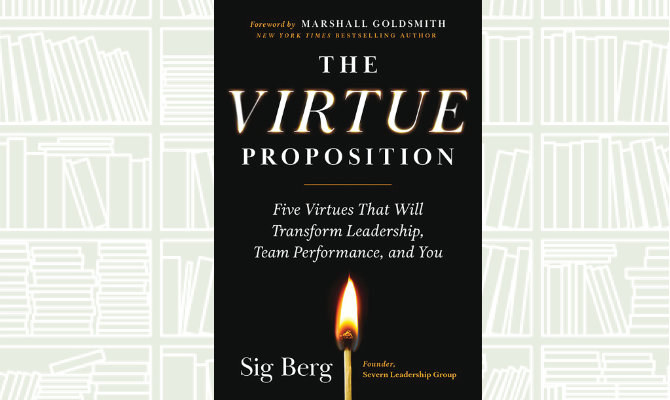
Sig Berg, founder of the Severn Leadership Group, explains what’s missing from traditional leadership, with its emphasis on the rules and rituals of boardrooms and C-suites, and from iconoclastic leadership, which urges you to move fast and break things.
Neither of these embrace virtues, and neither has, nor ever will, deliver consistent superior results.
There is a courageous third way: virtuous leadership.
This book speaks to men and women who witness the absence of virtues and know they can do better, says a review published on goodreads.com.


